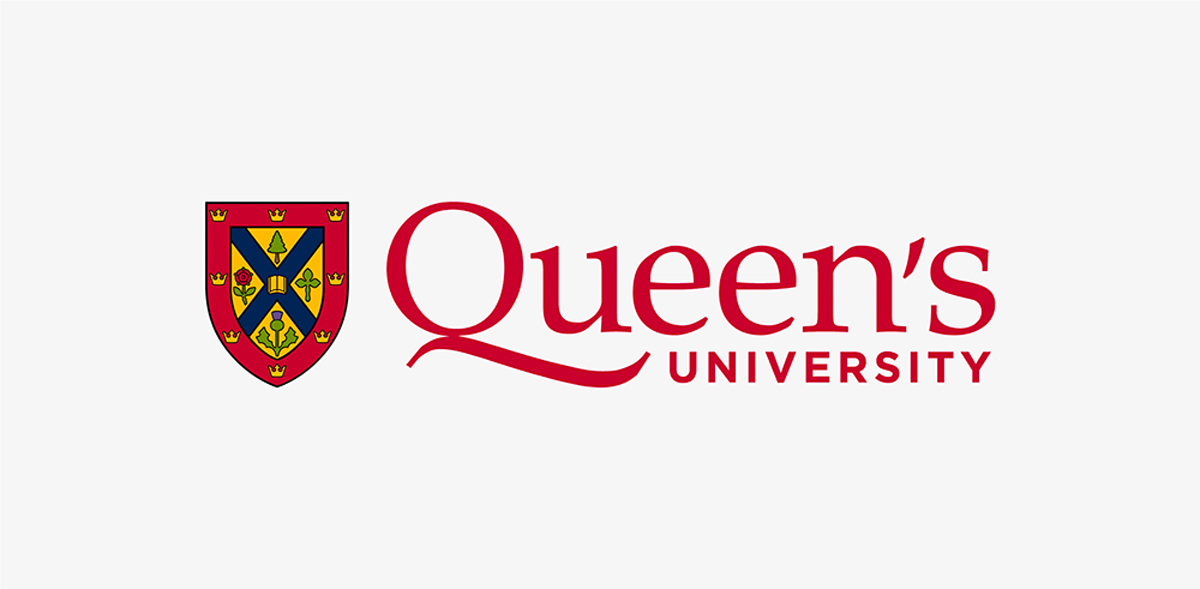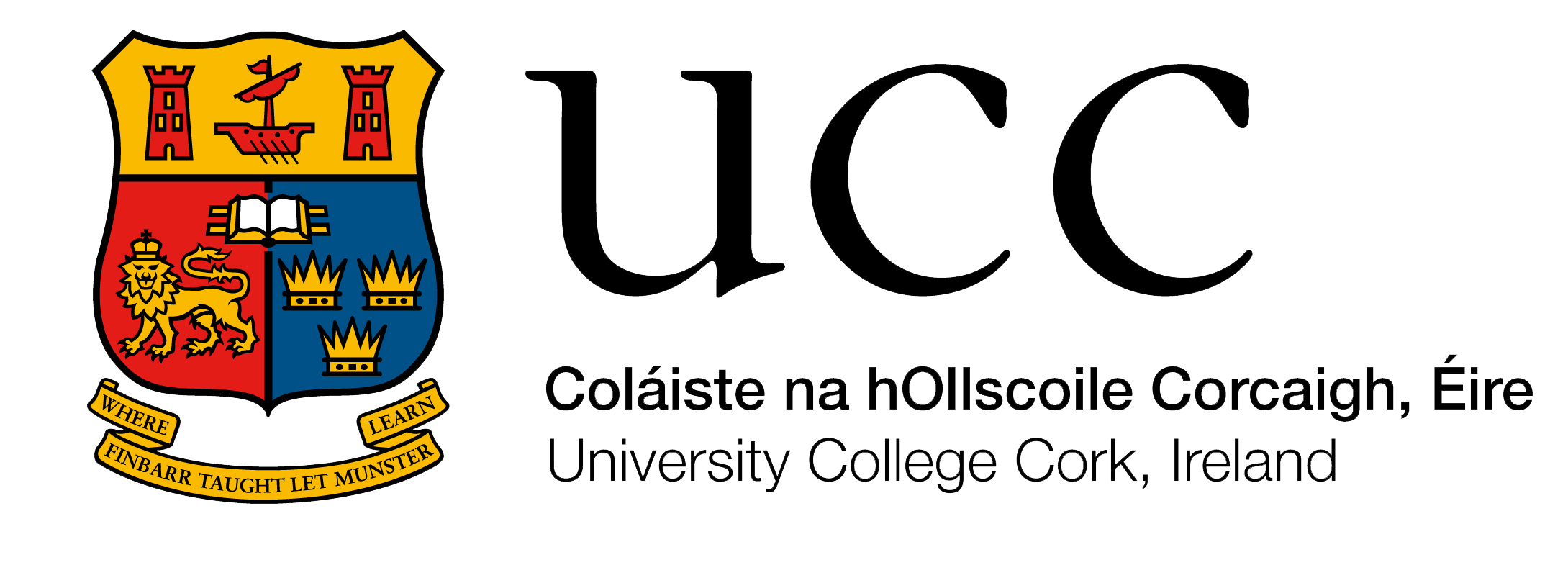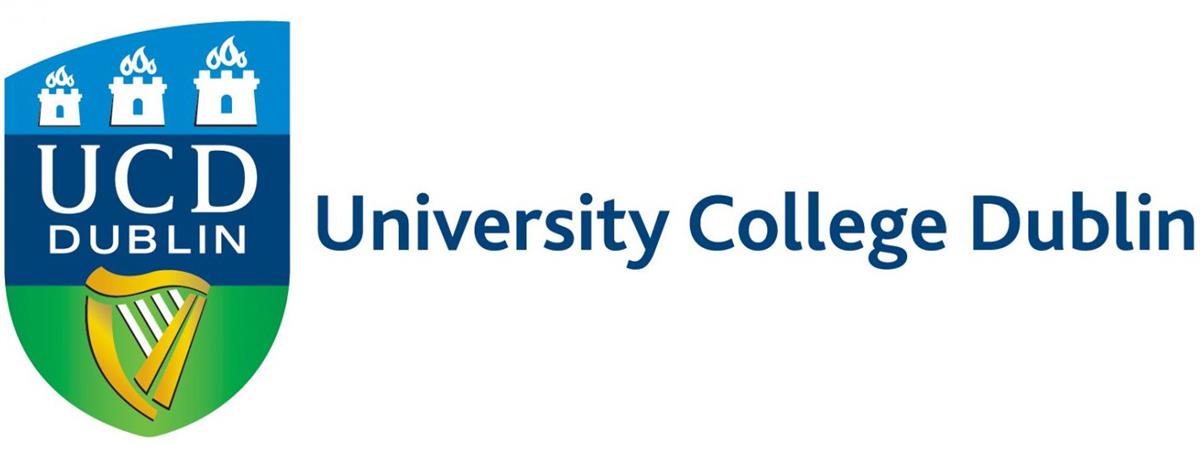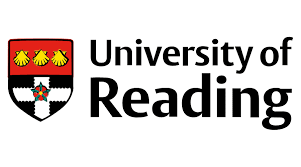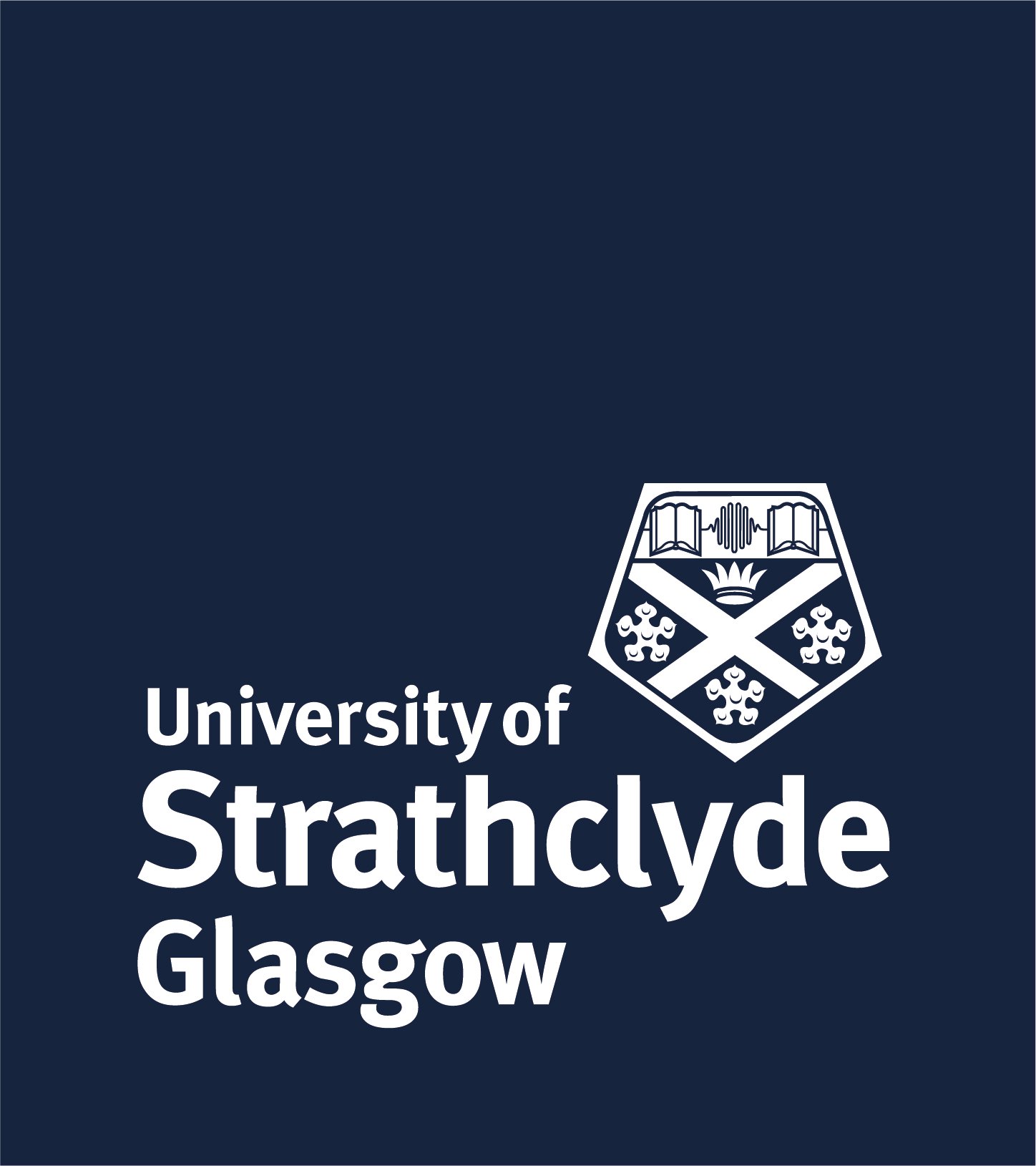Applied Economics
Unlock the Power of Real-World Economics: If you're an Indian student dreaming of a career that blends analytical skills with practical problem-solving, studying Applied Economics abroad could be your gateway to global opportunities. This dynamic field applies economic theories to everyday challenges, from policy-making to business strategies. Tailored for ambitious students like you, pursuing Applied Economics overseas equips you with tools to influence economies, drive sustainable growth, and thrive in international markets. With India's booming economy and increasing global ties, this course positions you perfectly to contribute back home or excel worldwide.
What is Applied Economics?
Applied Economics is the practical application of economic principles to real-life scenarios. Unlike pure theoretical economics, it focuses on using data, models, and analysis to solve tangible issues such as inflation control, trade policies, environmental sustainability, and market behaviors. For Indian students, this means gaining insights into how economics shapes developing nations like ours—think of analyzing GST impacts or agricultural subsidies.
In a study abroad program, you'll dive into quantitative methods, econometrics, and case studies from diverse economies. Courses often emphasize interdisciplinary approaches, integrating economics with finance, public policy, and data science. Whether you're addressing poverty alleviation in India or global supply chain disruptions, Applied Economics prepares you to make evidence-based decisions that matter.
- Core Focus: Bridging theory and practice through empirical research.
- Skills Gained: Data analysis, forecasting, policy evaluation, and critical thinking.
- Relevance to India: Understand how global trends like digital economies and climate change affect emerging markets.
Why Study Applied Economics Abroad as an Indian Student?
India's education system is rigorous, but studying Applied Economics internationally exposes you to cutting-edge resources, diverse perspectives, and networks that are hard to replicate at home. With over 1.3 million Indian students pursuing higher education abroad annually, fields like economics are popular for their high ROI—graduates often see salaries 2-3 times higher than domestic peers.
Abroad, you'll access world-class faculty, advanced labs for econometric modeling, and internships with organizations like the World Bank or multinational firms. For Indian students, this is a chance to experience economies at different development stages: from the innovation hubs of the US to the policy frameworks of Europe. Plus, scholarships like Fulbright or Chevening make it accessible, covering tuition and living costs.
Key Advantages:
- Global Exposure: Learn from international case studies, including India's role in BRICS or WTO negotiations.
- Enhanced Employability: Degrees from top universities boost your resume for roles in consulting, government, or tech giants like Google or Deloitte.
- Cultural Immersion: Build soft skills through group projects with peers from 50+ nationalities, preparing you for multicultural workplaces.
- Research Opportunities: Contribute to projects on sustainable development, aligning with India's SDGs commitments.
- Financial Perks: Post-study work visas in countries like Canada or Australia allow 1-3 years of experience, easing your transition to high-paying jobs.
Imagine analyzing the economic fallout of COVID-19 on global trade—skills like these will make you indispensable in India's post-pandemic recovery efforts.
Typical Curriculum and Key Topics in Applied Economics
A standard Applied Economics program, usually a Master's (1-2 years) or Bachelor's (3-4 years), combines lectures, seminars, and hands-on projects. Expect a mix of foundational and advanced modules, with flexibility for electives in areas like behavioral economics or international trade.
Core Modules:
- Microeconomics: How individuals and firms make decisions; applications to pricing strategies in Indian markets like e-commerce.
- Macroeconomics: National income, inflation, and growth; explore models for emerging economies.
- Econometrics: Statistical tools for data analysis using software like Stata or R—crucial for evidence-based policy.
- Public Economics: Government spending, taxation, and welfare; relevant for India's fiscal federalism.
- Development Economics: Poverty, inequality, and aid; case studies from South Asia and Africa.
Advanced Topics:
- Environmental Economics: Valuing natural resources and climate policies, tying into India's renewable energy push.
- International Economics: Trade theories, exchange rates, and globalization impacts on exports like IT services.
- Financial Economics: Risk assessment and investment, preparing for roles in banking or fintech.
- Labor Economics: Employment trends, migration, and skills gaps—vital for India's youth bulge.
Many programs include a dissertation or capstone project, where you might research topics like "Economic Implications of Digital India" using real datasets from RBI or World Bank. Assessments blend exams, essays, and presentations, fostering both analytical and communication skills.
Top Destinations for Studying Applied Economics
Choosing the right country depends on your goals—academia, industry, or immigration pathways. Here's a comparison of popular destinations for Indian students:
| Country | Top Universities | Duration & Cost (INR approx.) | Why for Indians? | Post-Study Work |
|---|---|---|---|---|
| USA | Harvard, Stanford, NYU | 1-2 years; 30-50 lakhs/year | Strong research focus; scholarships like Inlaks available. | OPT: Up to 3 years |
| UK | LSE, Oxford, UCL | 1 year MSc; 20-40 lakhs | Short programs; proximity to EU markets; GREAT scholarships. | Graduate Route: 2 years |
| Australia | University of Melbourne, ANU | 1-2 years; 25-35 lakhs | Focus on Asia-Pacific economics; Destination Australia scholarships. | 485 Visa: 2-4 years |
| Canada | University of Toronto, UBC | 1-2 years; 20-30 lakhs | Affordable; emphasis on policy; Vanier scholarships for Indians. | PGWP: Up to 3 years |
| Germany | University of Mannheim, Humboldt | 2 years; Low tuition (5-10 lakhs) | Tuition-free public unis; strong in quantitative economics; DAAD funding. | 18 months job search |
These destinations offer English-taught programs, easing the transition for Indian students. Visa success rates are high (80-90%) with proper documentation like IELTS scores (6.5+).
Career Opportunities After Applied Economics
Graduates in Applied Economics are in demand across sectors, with starting salaries ranging from INR 10-25 lakhs abroad and 8-15 lakhs in India. Your international degree gives you an edge in competitive job markets.
Popular Career Paths:
- Economist/Analyst: Work for RBI, NITI Aayog, or IMF; analyze trends and advise on policies.
- Policy Advisor: In government or NGOs like UNDP; focus on sustainable development in India.
- Financial Consultant: At firms like KPMG or McKinsey; specialize in risk modeling.
- Data Economist: In tech (Amazon, Flipkart); use AI for market predictions.
- Academic/Researcher: Pursue PhD; contribute to think tanks like Brookings India.
- International Trade Specialist: With WTO or export bodies; boost India's global trade.
Many alumni return to India for roles in PSUs or startups, while others settle abroad via skilled migration. Networking through alumni events and LinkedIn is key—80% of jobs come via connections.
Tips for Indian Students Preparing to Study Applied Economics Abroad
Getting started requires planning, but it's achievable with the right steps.
- Academic Prep: Strengthen math and stats; aim for 70%+ in undergrad (B.Com, B.A. Economics).
- Entrance Exams: GRE for US/Canada (target 320+), GMAT for some programs; IELTS/TOEFL mandatory.
- Funding: Apply for education loans from SBI/ICICI (up to 50 lakhs at 9-11% interest); explore university aid.
- Visa Essentials: SOP highlighting your interest in applied fields; financial proofs (6 months bank statements).
- Cultural Adaptation: Join Indian student societies abroad for support; learn about local customs to thrive.
- Application Timeline: Start 12-18 months early; deadlines often Dec-Jan for fall intake.
Resources like IDP or British Council offer free counseling tailored for Indians. Remember, persistence pays off—thousands of students like you succeed annually.
In conclusion, Applied Economics abroad isn't just a degree; it's a launchpad for impactful careers. By studying this field, you'll gain the expertise to navigate complex global challenges while staying connected to India's growth story. Ready to apply? Explore our university partners and take the first step toward your international future.



